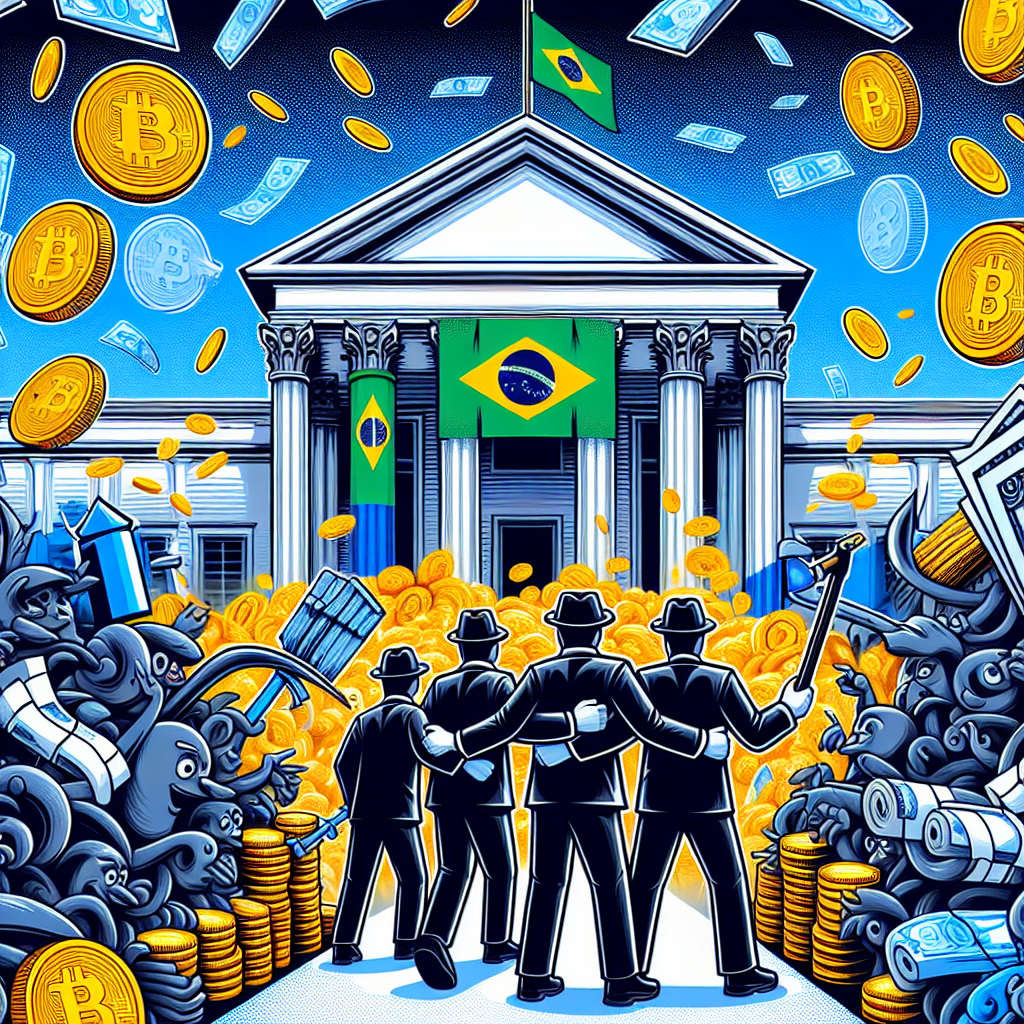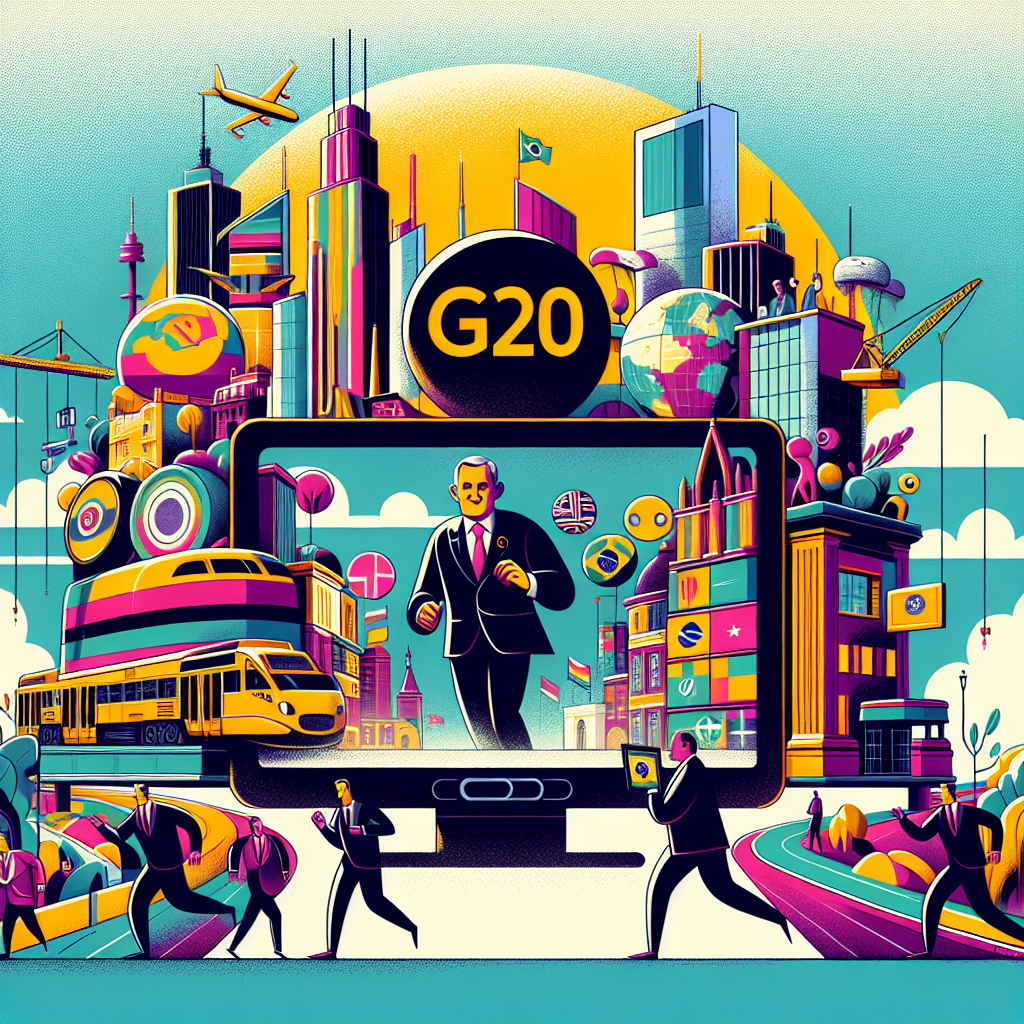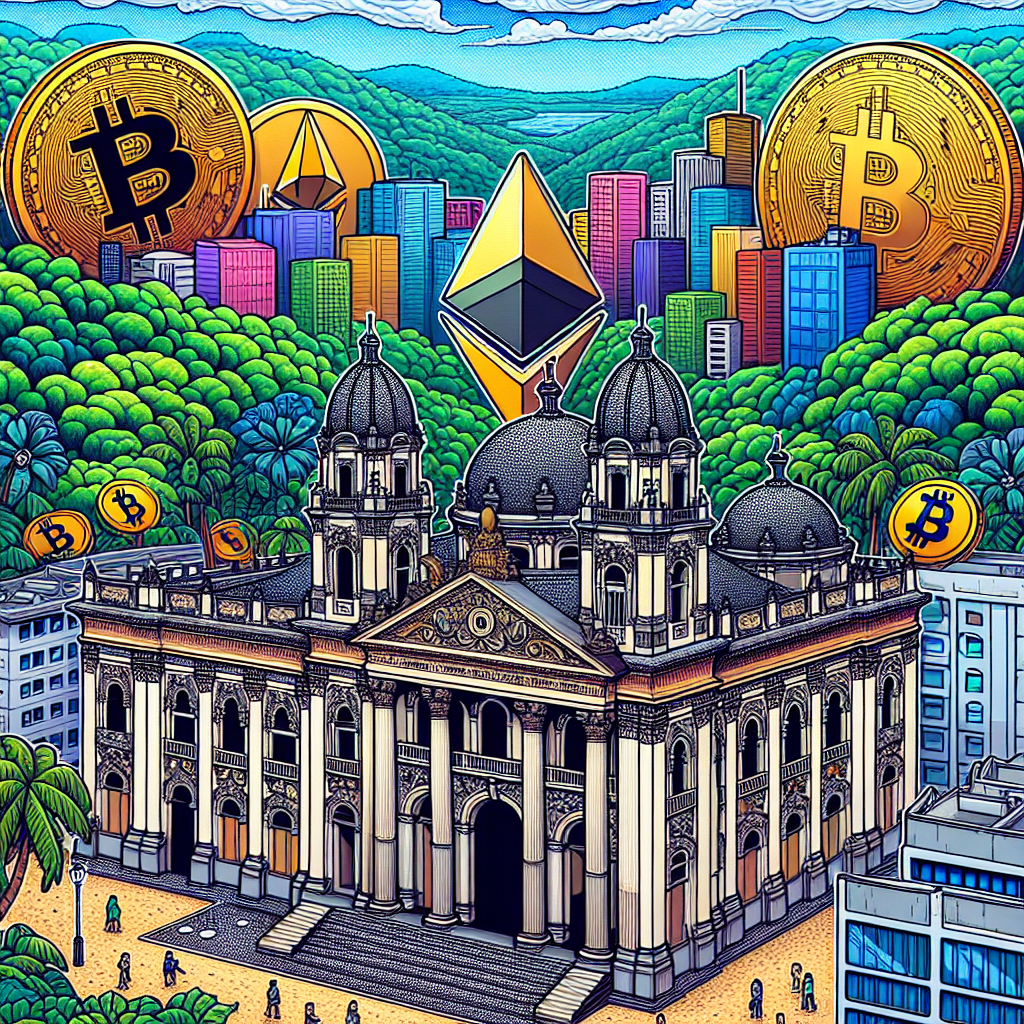Tag: Brazil
The Central Bank of Brazil has reported that the surge in the usage of stablecoins is largely due ...
In a significant development that has fundamentally altered the financial and crypto landscape in Brazil, Binance, a leading ...
There is growing unease within Brazil’s digital assets sector, as the country’s central bank (BCB) turns its attention ...
The BRICS coalition, composed of Brazil, Russia, India, China, and South Africa, is rapidly gaining ground to reach ...
Strong Growth Observed for Ethereum and Solana in Brazil Emerging markets, such as Brazil, are witnessing an increasing ...
Brazil’s Central Bank could potentially amend its regulations on stablecoins, withdrawing the earlier issued provisions that ban self-custody ...
The Brazilian regulatory authorities have initiated a significant shift in the nation’s cryptocurrency environment. In a first-of-its-kind move, ...
Bitcoin’s Strategic Reserve Consideration in Brazil A novel suggestion to integrate Bitcoin (BTC) into Brazil’s financial strategy is ...
Brazil Contemplates Bitcoin as a Potential Shield Against International Instabilities Brazil’s Congress has been engaging in discussions regarding ...
Brazil Marches Forward for Cryptocurrency Integration In an audacious move, Brazil is positioning itself at the front line ...













